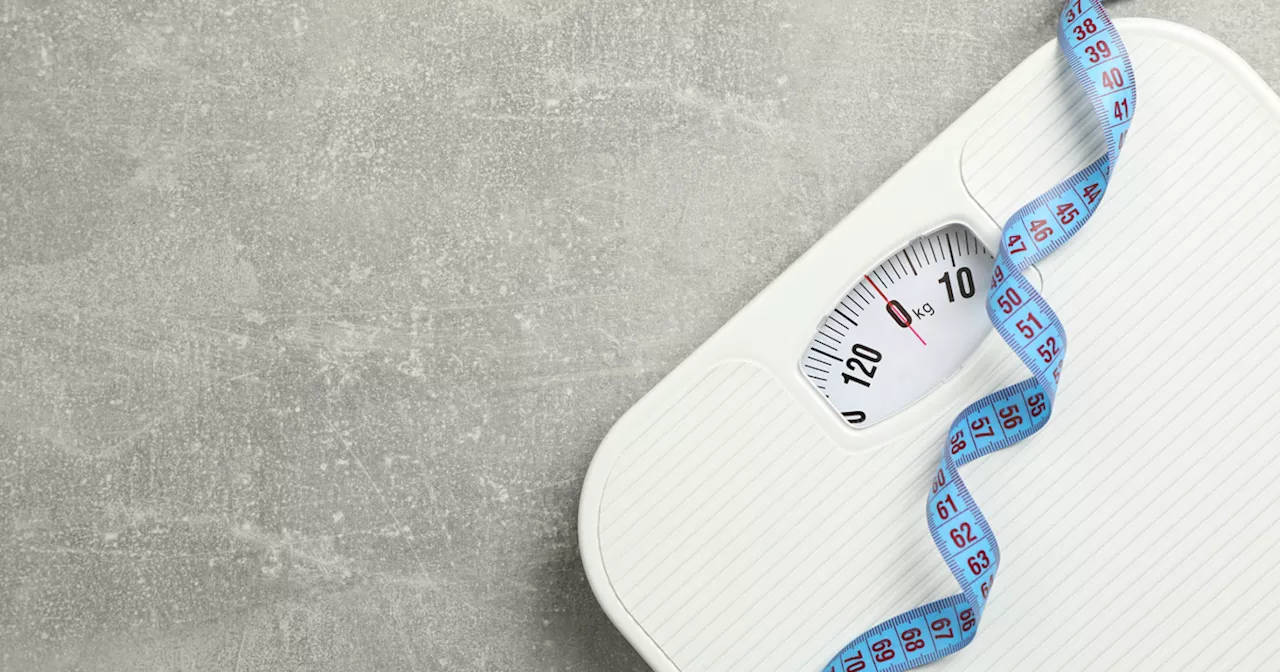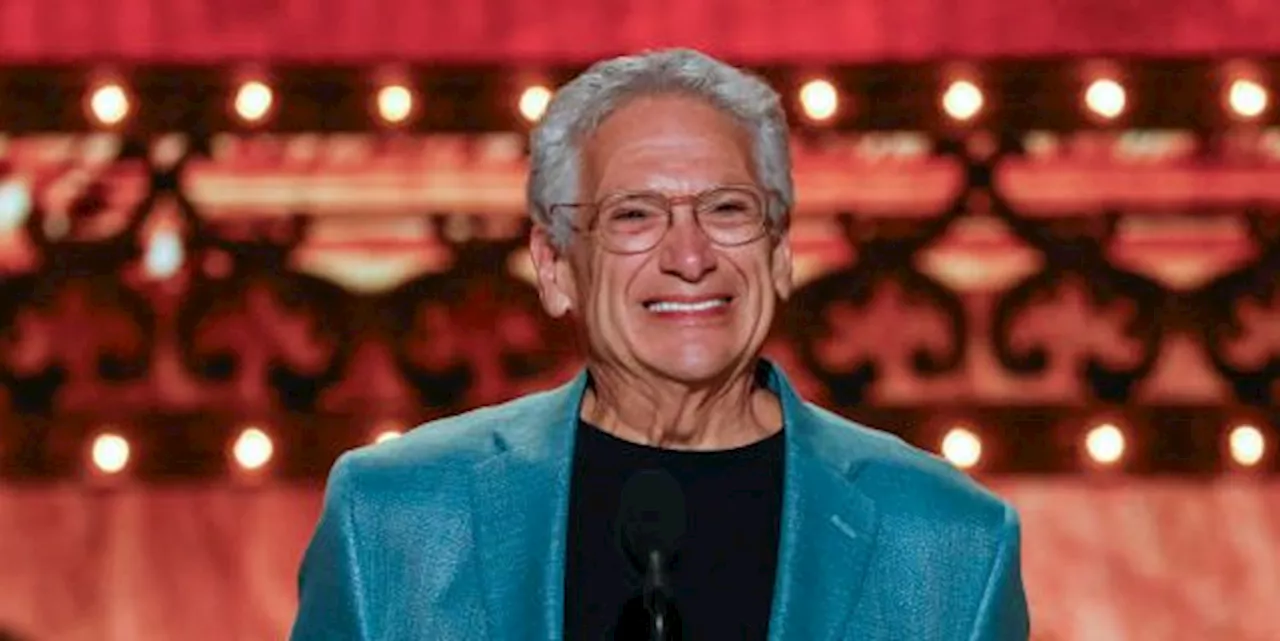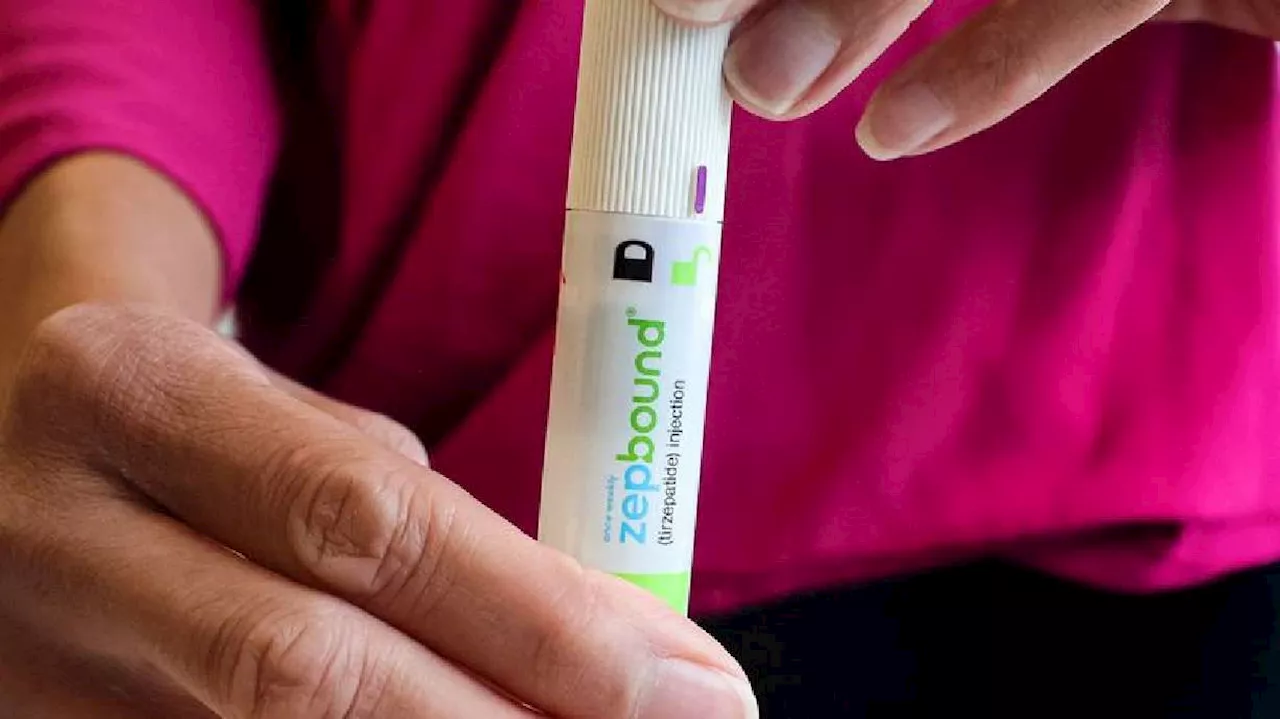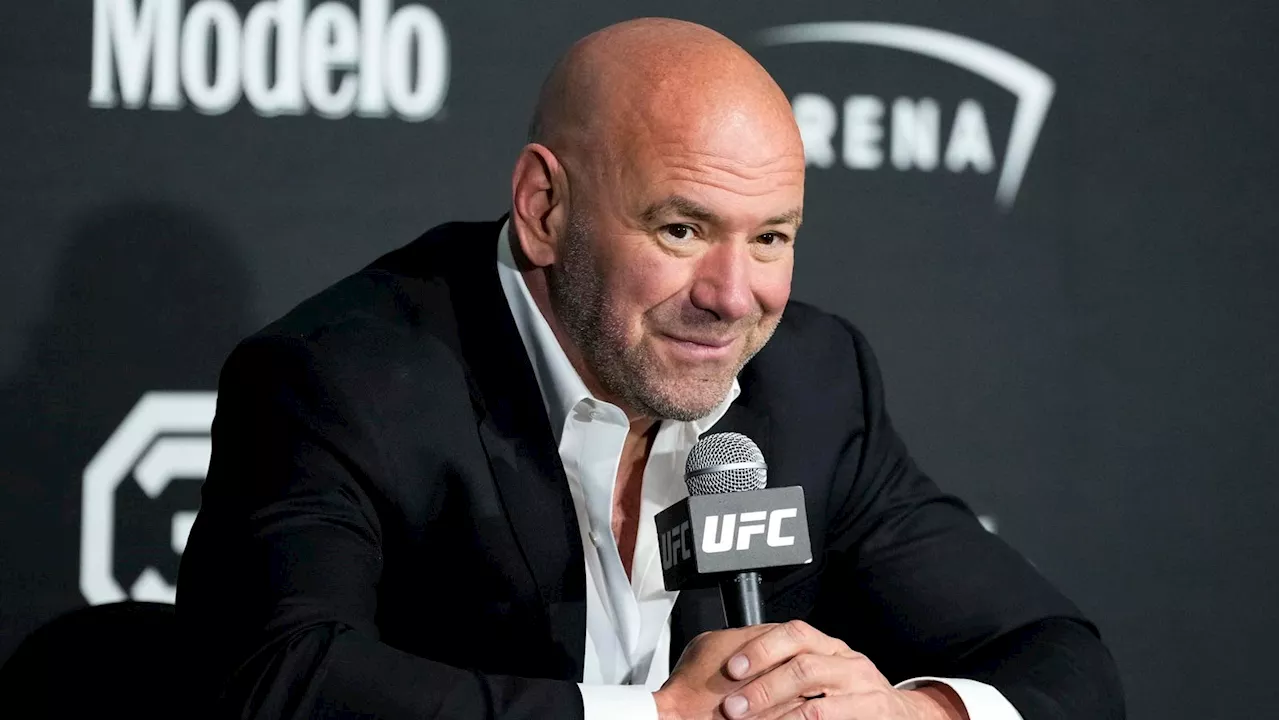This piece tells the story of a White House press secretary's experience balancing a high-profile job with a personal crisis while navigating the unique pressures of being a first in many ways. It delves into the decision to keep her mother's cancer diagnosis private, the challenges of societal expectations, and the personal weight of representing her communities.
She had never met President Biden, and never in her wildest dreams had she envisioned being at a White House state dinner, but I figured now was as good a time as any. All night long, my mom beamed—especially when she met the president, who was beyond gracious and welcoming to her. That evening was the last time I recognized my mother as the woman I grew up with. The immigrant who had worked hard her entire life.
The woman who took over every room she was in, who was vibrant and forceful and stubborn and loving. In a matter of weeks, everything changed. I was 4,000 miles from home when the text woke me up. My sister, Edwine, back in New York: “Mummy is sick. Call me.” I had flown into Poland the night before. Ukraine was months into war with Russia, and Biden had made a secret trip to Ukraine to visit Volodymyr Zelenskyy. Despite the historic nature of the trip, a crisis at home began to consume me. My mom had been complaining of abdominal pain for a while—I still kick myself for not paying more attention. When the pain ratcheted up, my brother took her to the nearest hospital, and eventually she was taken into surgery. Although my mom would refuse to acknowledge it for another eight months, the surgery confirmed a diagnosis: She had stage II colon cancer. My mother has always been a private person. When she finally acquiesced to reality, she told me: “Don’t tell anyone. Do not tell the president I have cancer.” In this way, I take after my mom. For almost three years, I spent every day working in one of the most public jobs in the world: White House press secretary. My job was literally to represent the president of the United States of America. From behind the lectern in the briefing room, every day, I faced the press, the American people, and the world. And every day, I kept my personal life hidden. In fact, it won’t be until reading this that the people I have worked 16-hour days with, traveled across continents with, will learn that for almost two years, I have been silently working a second full-time job, which is navigating my mother’s care. It’s not just because I’m a private person that I withheld this information. It’s also because I’m a first. I’m the first Black press secretary. The first person of color press secretary. The first openly queer press secretary. The first Haitian American immigrant press secretary. The first press secretary to be all of the above. Being a first meant that my responsibilities were beyond those in the job description, the load heavier. I bear a certain responsibility to the communities I represent. In some ways, I have been carrying the weight of being a first since the moment my younger sister was born, and then my brother. I became the eldest sibling in an immigrant family with three kids—if you know, you know. While my parents worked three jobs between the two of them just to make do, I took charge of keeping my brother and sister fed, clothed, and nurtured. I took care of them the best I could. But being used to the weight of being first does not alleviate its burden. The feeling of gravity gently tugging me down is still there, the pressure and tightness still palpable in the air. And so, since I stepped into the White House four years ago as principal deputy press secretary and then press secretary, I have kept details about my private life under lock and key. I knew—from years of being the first in various spaces and roles—that if I were to share the news of my mother’s diagnosis or any other issues in my personal life, it would be seen as an excuse. Society doesn’t allow women of color to be vulnerable at work. When you’re a first, you don’t get the benefit of the doubt. I want to be clear: I do not regret my decision to keep my life private while in office. This piece is no apology, it’s an explanation. An explanation of who I am, what I’ve been through, and what it’s like to come from where I come from and sit in the public eye. I never thought I’d be named the White House press secretary. That’s not me being modest—I never envisioned myself working in politics. I thought I’d wind up in one of the professions my immigrant parents expected of me: doctor, lawyer, engineer. But I fell into politics, and many roles later, here I am. Just nine days after I was named press secretary in May 2022, a white supremacist killed 10 people at a grocery store in a predominantly Black neighborhood in Buffalo. My first time going to the briefing room, stepping up to the podium as press secretary, was to address that tragedy. Ten days later, the Uvalde shooting happened while we were on Air Force One, flying back to DC from Tokyo. It fell to me to walk to the back of the plane where the press was sitting, most of whom were sleeping in a dark cabin at the end of a long flight back with no internet, to inform them of the tragic and horrific news. From the beginning of my time as press secretary, I navigated the typically choppy waters of American politic
Politics Health White House Press Secretary Cancer Family Identity Responsibility Politics Firsts
United States Latest News, United States Headlines
Similar News:You can also read news stories similar to this one that we have collected from other news sources.
 6 Best Weight Loss Treatments: Ranking Top Weight Loss Solutions of 2025Affiliate. Explore the top six weight loss brands currently on the market in 2025.
6 Best Weight Loss Treatments: Ranking Top Weight Loss Solutions of 2025Affiliate. Explore the top six weight loss brands currently on the market in 2025.
Read more »
 Harvey Fierstein Reveals 120-Pound Weight Loss JourneyVeteran actor and playwright Harvey Fierstein shares his 120-pound weight loss journey, emphasizing the role of weight loss medication in helping him achieve balance. He discusses his past weight fluctuations, reaching his heaviest at 310 pounds, and the impact of the pandemic on his weight. Fierstein describes using 'Zepbound,' a tirzepatide-based injectable, to shed the weight and his current weight maintenance strategy.
Harvey Fierstein Reveals 120-Pound Weight Loss JourneyVeteran actor and playwright Harvey Fierstein shares his 120-pound weight loss journey, emphasizing the role of weight loss medication in helping him achieve balance. He discusses his past weight fluctuations, reaching his heaviest at 310 pounds, and the impact of the pandemic on his weight. Fierstein describes using 'Zepbound,' a tirzepatide-based injectable, to shed the weight and his current weight maintenance strategy.
Read more »
 FDA approves first medication for obstructive sleep apnea, which also promotes weight lossThe FDA approved a new drug treatment for obstructive sleep apnea that improves the condition through weight loss. Sleep expert Dr. Wendy Troxel discusses the impact of the new development.
FDA approves first medication for obstructive sleep apnea, which also promotes weight lossThe FDA approved a new drug treatment for obstructive sleep apnea that improves the condition through weight loss. Sleep expert Dr. Wendy Troxel discusses the impact of the new development.
Read more »
 Lilly's weight-loss treatment Zepbound becomes first FDA-approved drug for sleep apneaThe FDA on Friday approved Eli Lilly's weight-loss treatment, Zepbound, for obstructive sleep apnea, making it the first drug greenlighted to directly treat patients with the common sleeping disorder.
Lilly's weight-loss treatment Zepbound becomes first FDA-approved drug for sleep apneaThe FDA on Friday approved Eli Lilly's weight-loss treatment, Zepbound, for obstructive sleep apnea, making it the first drug greenlighted to directly treat patients with the common sleeping disorder.
Read more »
 2 UFC Fighters Fined After Missing Weight For First Event In 2025UFC Vegas 101 is a go for Saturday, January 11 in Las Vegas at the Apex. Unfortunately, not every fighter on the card got the New Year off to a good start.
2 UFC Fighters Fined After Missing Weight For First Event In 2025UFC Vegas 101 is a go for Saturday, January 11 in Las Vegas at the Apex. Unfortunately, not every fighter on the card got the New Year off to a good start.
Read more »
 Empagliflozin as First-Line Treatment Reduces Weight in Patients with Prediabetes and DiabetesA quasi-experimental study found that taking empagliflozin daily for 3 months significantly reduced weight, BMI, and waist circumference in patients with prediabetes and diabetes. The study, conducted on patients with A1c levels up to 1% above the diagnostic threshold and not using other blood glucose-controlling medications, showed a continuous decrease in weight and BMI throughout the treatment period.
Empagliflozin as First-Line Treatment Reduces Weight in Patients with Prediabetes and DiabetesA quasi-experimental study found that taking empagliflozin daily for 3 months significantly reduced weight, BMI, and waist circumference in patients with prediabetes and diabetes. The study, conducted on patients with A1c levels up to 1% above the diagnostic threshold and not using other blood glucose-controlling medications, showed a continuous decrease in weight and BMI throughout the treatment period.
Read more »
